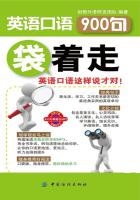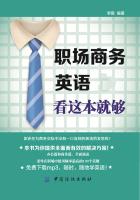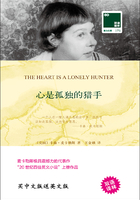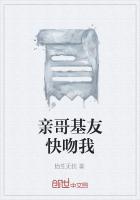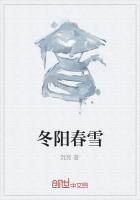The services of Mr. William Terence Keogh as actingconsul, pro term., were suggested and accepted, andJohnny sailed with the Hemstetters back to his nativeshores.
Keogh slipped into the sinecure of the Americanconsulship with the ease that never left him even in suchhigh places. The tintype establishment was soon tobecome a thing of the past, although its deadly work alongthe peaceful and helpless Spanish Main was never effaced.
The restless partners were about to be off again, scoutingahead of the slow ranks of Fortune. But now they wouldtake different ways. There were rumors of a promisinguprising in Peru; and thither the martial Clancy wouldturn his adventurous steps. As for Keogh, he was figuringin his mind and on quires of Government letter-headsa scheme that dwarfed the art of misrepresenting thehuman countenance upon tin.
“What suits me,” Keogh used to say, “in the way of abusiness proposition is something diversified that looks likea longer shot than it is—something in the way of a genteelgraft that isn’t worked enough for the correspondenceschools to be teaching it by mail. I take the long end; butI like to have at least as good a chance to win as a manlearning to play poker on an ocean steamer, or running forgovernor of Texas on the Republican ticket. And when Icash in my winnings I don’t want to find any widows’ andorphans’ chips in my stack.”
The grass-grown globe was the green table on whichKeogh gambled. The games he played were of his owninvention. He was no grubber after the diffident dollar.
Nor did he care to follow it with horn and hounds. Ratherhe loved to coax it with egregious and brilliant flies fromits habitat in the waters of strange streams. Yet Keoghwas a business man; and his schemes, in spite of theirsingularity, were as solidly set as the plans of a buildingcontractor. In Arthur’s time Sir William Keogh would havebeen a Knight of the Round Table. In these modern dayshe rides abroad, seeking the Graft instead of the Grail.
Three days after Johnny’s departure, two small schoonersappeared off Coralio. After some delay a boat put off fromone of them, and brought a sunburned young man ashore.
This young man had a shrewd and calculating eye; and hegazed with amazement at the strange things that he saw.
He found on the beach some one who directed him to theconsul’s office; and thither he made his way at a nervousgait.
Keogh was sprawled in the official chair, drawingcaricatures of his Uncle’s head on an official pad of paper.
He looked up at his visitor.
“Where’s Johnny Atwood?” inquired the sunburnedyoung man, in a business tone.
“Gone,” said Keogh, working carefully at Uncle Sam’snecktie.
“That’s just like him,” remarked the nut-brown one,leaning against the table. “He always was a fellow togallivant around instead of ’tending to business. Will he bein soon?”
“Don’t think so,” said Keogh, after a fair amount ofdeliberation. “I s’pose he’s out at some of his tomfoolery,”
conjectured the visitor, in a tone of virtuous conviction.
“Johnny never would stick to anything long enough tosucceed. I wonder how he manages to run his businesshere, and never be ’round to look after it.”
“I’m looking after the business just now,” admitted thepro term. consul.
“Are you—then, say—where’s the factory?”
“What factory?” asked Keogh, with a mildly polite interest.
“Why, the factory where they use them cockleburrs.
Lord knows what they use ’em for, anyway! I’ve got thebasements of both them ships out there loaded with’em. I’ll give you a bargain in this lot. I’ve had every man,woman and child around Dalesburg that wasn’t busypickin’ ’em for a month. I hired these ships to bring ’emover. Everybody thought I was crazy. Now, you can havethis lot for fifteen cents a pound, delivered on land. Andif you want more I guess old Alabam’ can come up to thedemand. Johnny told me when he left home that if hestruck anything down here that there was any money inhe’d let me in on it. Shall I drive the ships in and hitch?”
A look of supreme, almost incredulous, delight dawnedin Keogh’s ruddy countenance. He dropped his pencil.
His eyes turned upon the sunburned young man with joyin them mingled with fear lest his ecstasy should prove adream.
“For God’s sake tell me,” said Keogh, earnestly, “are youDink Pawson?”
“My name is Pinkney Dawson,” said the cornerer of thecockleburr market.
Billy Keogh slid rapturously and gently from his chair tohis favorite strip of matting on the floor.
There were not many sounds in Coralio on that sultryafternoon. Among those that were may be mentioneda noise of enraptured and unrighteous laughter froma prostrate Irish-American, while a sunburned youngman, with a shrewd eye, looked on him with wonder andamazement. Also the “tramp, tramp, tramp” of many wellshodfeet in the streets outside. Also the lonesome washof the waves that beat along the historic shores of theSpanish Main.

